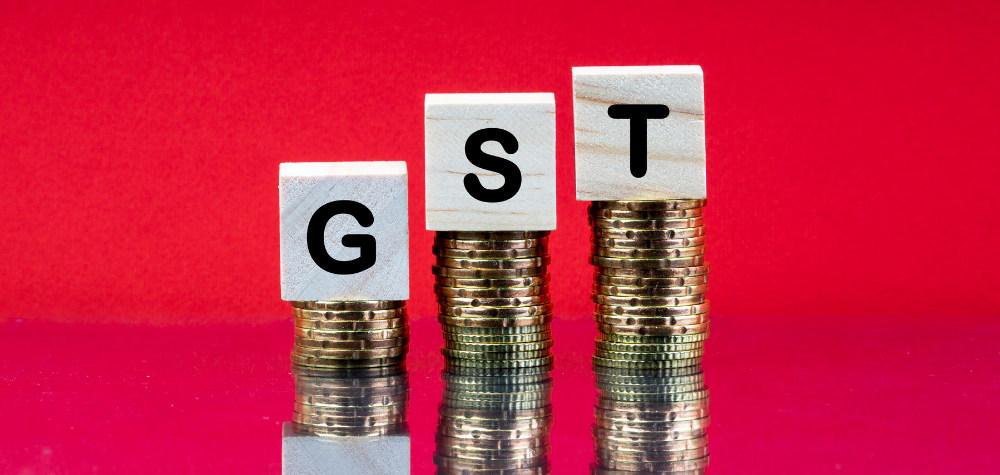
Centre’s Sacrifice in the Success of GST
- October 10, 2024
- 0
It has now been seven years since the Goods and Services Tax (GST) was introduced. The Centre has forgone substantial revenue over the past seven years, a contribution that has been overlooked in the often-heated discussion of GST performance. Until now, this contribution has neither been quantified, nor has it been appreciated.
States have drawn heavily on the guarantee the Centre provided at the time of the 2017 reform, which assured states that their revenues would grow by 14 per cent annually for a period of five years. This was done to convince the states, naturally anxious about giving up some fiscal sovereignty, to agree to the reform.
To fund the guarantee, a cess was introducted on “de-merit goods,” such as tobacco, aerated drinks and motor vehicles. When Covid hit in 2020, economic activity and revenues collapsed, leaving the fund far short of the resources needed to fill the sizable revenue shortfalls in the states. In response, the fund borrowed about Rs 2.75 trillion, an amount which is now being repaid from cess collections.
Hence, cess collection were devoted to funding the 14 per cent compensation guarantee for the first five years, then repaying the loan in the last two years. The result was that virtually nothing was left for the Centre over the entire seven-year transition.
Because many of the initial rates have been cut, especially between 2017-18 and 2019-20. For the period FY2021 relative to FY2018, the effective tax rate went down from 13.2 per cent to 10.8 per cent, resulting in a revenue loss of Rs 1.25 trillion.
For the five years when the guarantee was still in effect, overall GST revenues declined as well as those of the Centre but the states enjoyed a small fiscal bonanza. Clearly, then, the states gained from transition, while the Centre lost.
Unwittingly, the 14 per cent compensation guarantee under the GST turned out be a spectacular countercyclical transfer benefitting the states without which the Covid shock might have been devastating for their finances. That unintended consequence needs to become embedded as a feature not an accident of fiscal federalism.
This past is now prologue. Once the Covid-era loans are repaid, the GST will enter a new steady state.
👇 Please Note 👇
Thank you for reading our article!
If you don’t received industries updates, News & our daily articles
please Whatsapp your Wapp No. or V Card on 8278298592, your number will be added in our broadcasting list.



































































